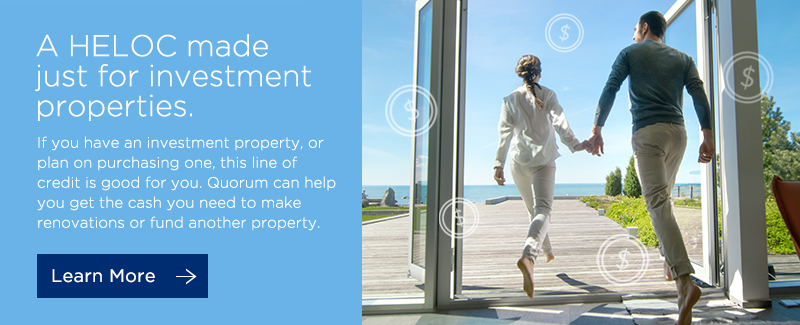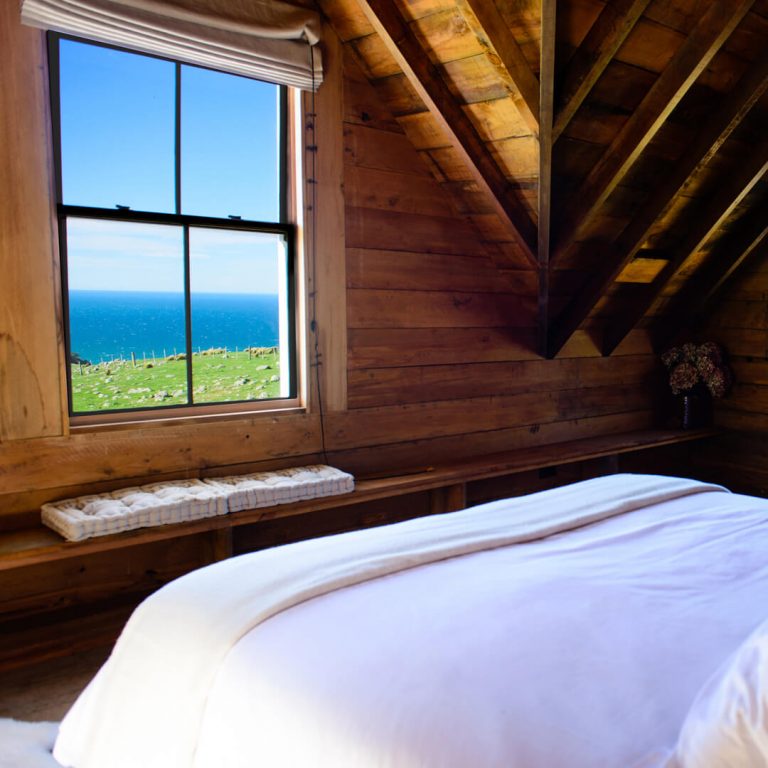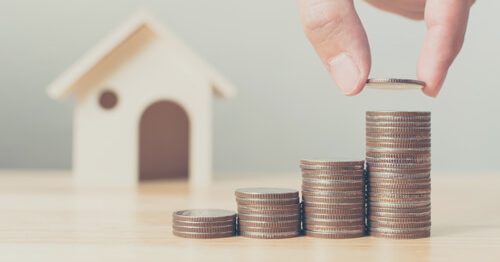With fewer people vacationing during the pandemic, the hospitality industry has taken a hit. One survey found that 60% of leisure travelers had canceled their vacation plans as a result of the pandemic.
The vacation rental market felt the impact as well. In March, cancellations were up more that 500% over the same time last year, and new bookings were down 80%.
If you own a vacation rental property, you may have spent the past few months wondering whether you should keep it or sell it in these uncertain times—especially if you lost a considerable amount of anticipated income due to cancellations. Read on to learn more about if you should weather the COVID-19 storm, or consider selling your vacation rental.
Cause for Optimism
Good news is already upon the hospitality industry as it relates to U.S. hotel and vacation rental bookings: the dive experienced in March has slowly risen back up.
Some vacation rental owners are seeing guests book properties within a day’s drive or less from their home because they want to get away. Executives with Airbnb and VRBO say that with the shift to working remotely, they also foresee guests booking for longer periods and combining vacation with work.
While big names in the hotel industry are taking this time to remind prospects of their commitment to cleanliness, flexible cancelation policies and rewards incentives, vacation rentals have a marketable edge: an easier ability to social distance. Guests in vacation homes don’t have to worry about encountering other people in lobbies, hallways, gym, elevators, restaurants and other common areas. Doctors and health experts say that staying in an Airbnb or similar private property is typically safer than in a hotel for these reasons.
Nonetheless, if the lack of rentals has made you seriously consider selling, ask yourself these questions before making any big decisions.
Why Did You Originally Buy the Property?
Did you solely intend your property to be a source of income as a short-term vacation rental, or did you have other plans? Did you consider using it in part as a vacation home for yourself, family members and friends? Did you ultimately intend for it to be your primary residence when you retire? If you bought the property for something more than a source of vacation rental income, those additional benefits may give you reason to hold onto your property.
Is the Property in an Area That Will Soon See Tourists Again?
No one can predict how this pandemic will continue to unfold and what its long-term impact will be on individual areas. Tourist destinations have been impacted—and will continue to be impacted—by all sorts of unplanned events: disease, natural disasters, terrorism and political upheaval, etc. The ability to attract tourists after these events depends in large part on whether properties have the support of the tourism industry (tourism boards and tour operators, for example).
Here are some things to consider: Is your property in or near an area where people will still want to visit? Is the chief attraction the natural beauty (a beach, desert, lake, mountains, etc.) that will always bring people to the area? Is it in an area that hasn’t seen a serious outbreak of COVID-19 and where local leaders and residents are taking steps to reopen businesses and attractions responsibly to avoid new spikes? If your property is in an area where you don’t live, research how the town and nearby businesses are faring. Talk to some real estate professionals and local business owners to gauge their level of optimism on the area’s potential to bounce back.
Would You Consider Turning the Home Into a Long-Term Rental Property?
If there’s a market in the area for long-term rental properties, this option could potentially bring you a more stable source of income than marketing your property as a vacation rental. If you’re considering this, be sure to familiarize yourself with state and local regulations regarding renters’ and landlords’ rights and responsibilities.
Do You Work with a Vacation Rental Company That Offers Special Cleaning Protocols?
Guests are more concerned than ever about the cleanliness of hotels, due to perceived health risks associated with hotels in the time of a pandemic, like the proximity to staff and other guests, shared amenities and common spaces, the frequency (or infrequency) of room turnovers, In a recent survey by Magid, which makes personal protective equipment, about two-thirds of respondents said they believed the virus was easily spread in hotels.
Being able to offer a vacation property that’s been thoroughly cleaned is more important than ever for guests and hosts, according to Airbnb. In fact, Airbnb has developed a program called Enhanced Clean, a set of cleaning standards that property owners can commit to following prior to each stay. Airbnb then lists that property as one where the Enhanced Clean protocols are followed.
While VRBO doesn’t have a specific program like Enhanced Clean, it is providing owners with cleaning guidelines and encouraging them to include information about how the property is cleaned on their listing.
If you list your rental through another company, become familiar with their guidelines and how best to advertise your compliance with them. If you rent your property on your own, be sure your potential guests know how you are ensuring that the property is thoroughly cleaned between visits.
Keeping Your Property? Make the Most of Your Vacancies.
If you can afford to continue paying the mortgage on your vacation rental property but anticipate lower demand over the upcoming months, consider using the time to make some upgrades you’ve been putting off. Or, redecorate for a more minimalist vibe: remove decorative pillows and other accessories that now require cleaning between guests.
Consider All of Your Options.
If you have taken a hit financially and really feel that you have no other option but to sell your vacation rental, the good news is that you might find a lot of interest—particularly if the property is in a rural or remote area. People living in urban areas who can afford to buy vacation homes for their own use often choose more sparsely populated locations, and now consider locations where social distancing is easier, reports Mansion Global. In fact, the desire to live in remote locations has made some properties so desirable, they are now being purchased site-unseen.
The real estate market in general has been showing positive signs in the months since the pandemic hit this country. According to the National Association of Realtors (NAR), pending home sales in every major region of the U.S. rose in May from the previous two months of declining numbers. The Pending Home Sales Index rose by over 44% — the biggest jump since January 2001.
If you’d prefer not to sell your vacation rental property but the mortgage payments are more than you can comfortably afford right now, refinancing your mortgage could be an alternative to selling. As with any real estate decision, it’s best to look at things from a long-term perspective rather than get caught up in what the short-term situation looks like. Consider all of your options.







Comments Section
Please note: Comments are not monitored for member servicing inquiries and will not be published. If you have a question or comment about a Quorum product or account, please visit quorumfcu.org to submit a query with our Member Service Team. Thank you.